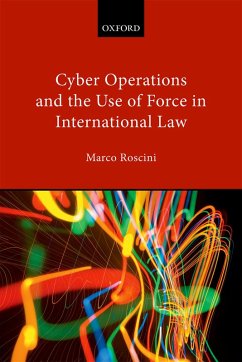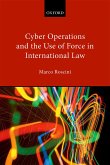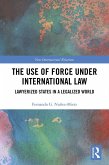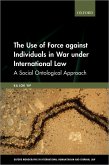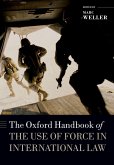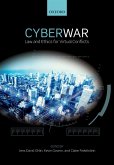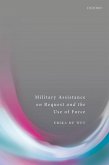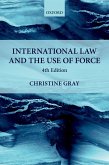The internet has changed the rules of many industries, and war is no exception. But can a computer virus be classed as an act of war? Does a Denial of Service attack count as an armed attack? And does a state have a right to self-defence when cyber attacked? With the range and sophistication of cyber attacks against states showing a dramatic increase in recent times, this book investigates the traditional concepts of 'use of force', 'armed attack', and 'armed conflict' and asks whether existing laws created for analogue technologies can be applied to new digital developments. The book provides a comprehensive analysis of primary documents and surrounding literature, to investigate whether and how existing rules on the use of force in international law apply to a relatively new phenomenon such as cyberspace operations. It assesses the rules of jus ad bellum and jus in bello, whether based on treaty or custom, and analyses why each rule applies or does not apply to cyber operations. Those rules which can be seen to apply are then discussed in the context of each specific type of cyber operation. The book addresses the key questions of whether a cyber operation amounts to the use of force and, if so, whether the victim state can exercise its right of self-defence; whether cyber operations trigger the application of international humanitarian law when they are not accompanied by traditional hostilities; what rules must be followed in the conduct of cyber hostilities; how neutrality is affected by cyber operations; whether those conducting cyber operations are combatants, civilians, or civilians taking direct part in hostilities. The book is essential reading for everyone wanting a better understanding of how international law regulates cyber combat.
Dieser Download kann aus rechtlichen Gründen nur mit Rechnungsadresse in A, B, BG, CY, CZ, D, DK, EW, E, FIN, F, GR, HR, H, IRL, I, LT, L, LR, M, NL, PL, P, R, S, SLO, SK ausgeliefert werden.

